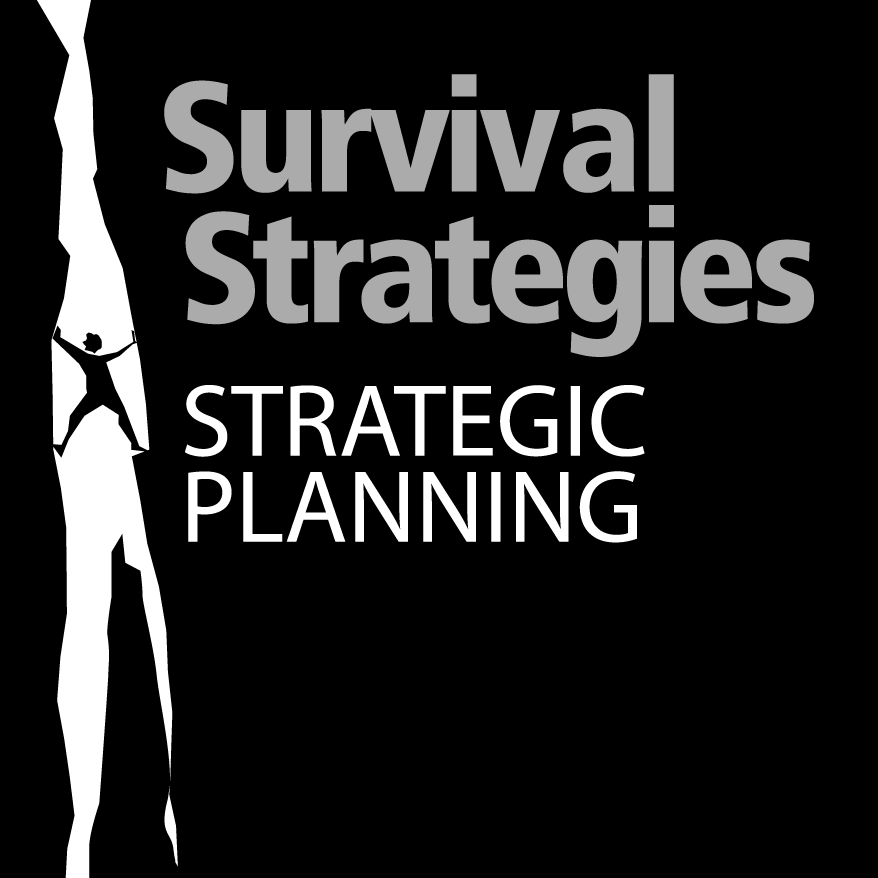One of the strongest emotions is fear. When people are fearful, they stall…hesitate…make incorrect responses to situations. Fear is so strong, that any training seeks to overcome fear in order to evolve proper response. In other words, the training seeks to eliminate the pause that fear causes. It’s not that you want to erase all fear and become fearless (because then you make a different kind of mistake). What business strategists learn to do is channel the fear into a proper response that erases the hesitation when fear strikes. And what channels fear better than anything else is following a strategy.
Because fear will strike. Things happen every day that can bring fear in business – losing a client…missing a deadline for an RFP…ordering too much of a material…making an error on an Excel spreadsheet…or saying the wrong thing at the wrong time. This is why strategy is so important. If you have a strategy in place, everything you do in your business is guided not by emotions like fear, but by the strategy you have put in place. It is a very difficult concept to understand and implement, but it is not impossible. A way to start is from lessons learned by people who must overcome much more than the fear of not making money.
The NAVMC 2767 User’s Guide to Marine Corps Leadership, offers the following nine common elements encountered in a combat. When you read them, think about what is going on in your business and you will see how you don’t need to be on a battlefield to experience fear.
- Violent, unnerving sights and sounds (your phone rings, your smart phone continually vibrates and buzzes, meetings take up your day and you get nothing done…)
- Causalities (people lose their jobs, because of the competition or sometimes, because of you)
- Confusion and lack of information, the fog of war (“Your email went to my spam folder.” or, “That’s not what I mean when I said that.”)
- Feelings of isolation (no one understands me…nowhere to turn for guidance…personnel has been outsourced)
- Communications breakdown (Not everyone gets the memo)
- Individual discomfort and physical fatigue (24/7, family pressures)
- Fear, stress and mental fatigue (“I really do not want to go to the office tomorrow”)
- Continuous operations (when clients demand, you have to respond or you don’t have clients!)
- Homesickness (if only…)
You can relate any one of these to your day-to-day – can’t you? So how do you overcome these intense feelings? By creating a strategy! And, by practicing your response to situations based on your strategy.
